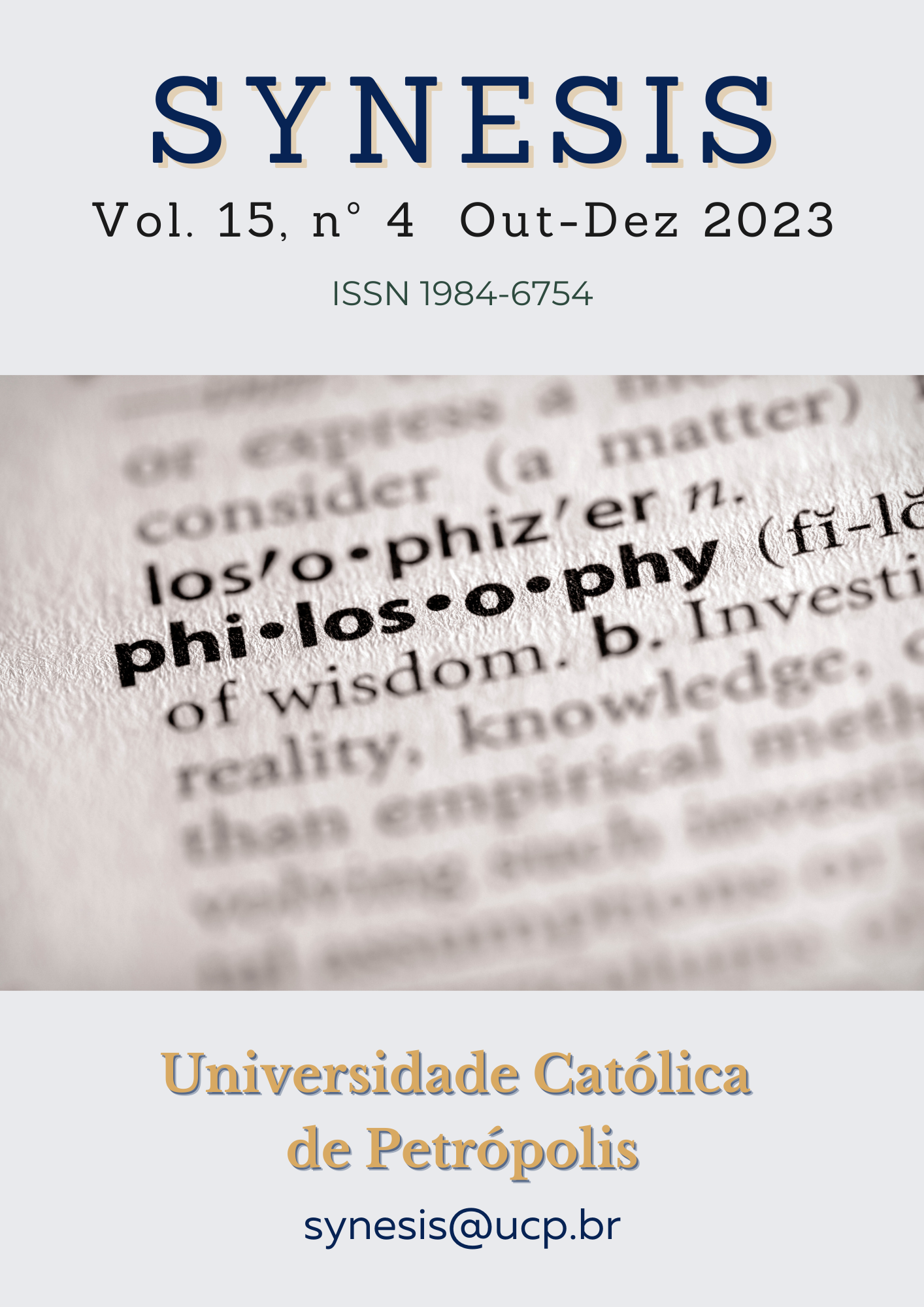Resumo
Global environmental deterioration has been a subject at the forefront of human development and sustainability. Efforts have been constantly made with regard to global environmental and ecological sustainability, and one of such significant dimensions of these efforts is the use of environmental education. Environmental education is a process of creating awareness and equipping individuals with the necessary knowledge of sustaining the environment. This research has been carried out to investigate the perceptions of university lecturers on sustainable environmental education. The study was designed to survey university lecturers in North Cyprus using qualitative scientific methods. The study focused on evaluating the perceptions of lecturers with regard to their background, perceived meaning, perceived impact, and perceived ways to improve sustainable environmental education. The research has shown that the majority of lecturers in North Cyprus have an adequate understanding of what sustainable environment education is, and they also perceive the process is impactful in ensuring global environmental sustainability. The paper here reports and presents comprehensively the implemented scientific methods in the research, the findings of the research, and adequate recommendations are given.
Referências
Agbedahin, A. V. (2019). Sustainable development, Education for Sustainable Development, and the 2030 Agenda for Sustainable Development: Emergence, efficacy, eminence, and future. Sustainable Development, 27(4), 669-680.
Ahmed, N., Thompson, S., & Glaser, M. (2019). Global aquaculture productivity, environmental sustainability, and climate change adaptability. Environmental management, 63, 159-172.
Ardoin, N. M., Bowers, A. W., & Gaillard, E. (2020). Environmental education outcomes for conservation: A systematic review. Biological Conservation, 241, 108224.
Blankenberg, A. K., & Alhusen, H. (2018). On the determinants of pro-environmental behavior: A guide for further investigations (No. 350). CEGE Discussion Papers.
Bradley, G. L., Babutsidze, Z., Chai, A., & Reser, J. P. (2020). The role of climate change risk perception, response efficacy, and psychological adaptation in pro-environmental behavior: A two-nation study. Journal of Environmental Psychology, 68, 101410.
Georgiou, Y., Hadjichambis, A. C., & Hadjichambi, D. (2021). Teachers’ perceptions on environmental citizenship: A systematic review of the literature. Sustainability, 13(5), 2622.
Gillett, M. (1977). The tbilisi declaration. McGill Journal of Education/Revue des sciences de l'éducation de McGill, 12(002).
Goller, A., & Rieckmann, M. (2022). What do we know about teacher educators’ perceptions of Education for Sustainable Development? A Systematic Literature Review. Journal of Teacher Education for Sustainability, 24(1), 19-34.
Guest, G., Namey, E., & Chen, M. (2020). A simple method to assess and report thematic saturation in qualitative research. PloS one, 15(5), e0232076.
Ilovan, O. R., Dulama, M. E., Xenia, H. N. K., Botan, C. N., Horvath, C., Nitoaia, A., ... & Rus, G. M. (2019). Environmental Education and Education for Sustainable Development in Romania. Teachers' Perceptions and Recommendations (II). Romanian Review of Geographical Education, 8(2), 21-37.
Johnson, J. L., Adkins, D., & Chauvin, S. (2020). A review of the quality indicators of rigor in qualitative research. American journal of pharmaceutical education, 84(1).
Jorgenson, S. N., Stephens, J. C., & White, B. (2019). Environmental education in transition: A critical review of recent research on climate change and energy education. The Journal of Environmental Education, 50(3), 160-171.
Kioupi, V., & Voulvoulis, N. (2019). Education for sustainable development: A systemic framework for connecting the SDGs to educational outcomes. Sustainability, 11(21), 6104.
Lindgren, B. M., Lundman, B., & Graneheim, U. H. (2020). Abstraction and interpretation during the qualitative content analysis process. International journal of nursing studies, 108, 103632.
Marpa, E. P. (2020). Navigating Environmental Education Practices to Promote Environmental Awareness and Education. Online Submission, 2(1), 45-57.
Memon, M. A., Jun, H. C., Ting, H., & Francis, C. W. (2018). Mediation analysis issues and recommendations. Journal of Applied Structural Equation Modeling, 2(1), i-ix.
Saari, U. A., Damberg, S., Frömbling, L., & Ringle, C. M. (2021). Sustainable consumption behavior of Europeans: The influence of environmental knowledge and risk perception on environmental concern and behavioral intention. Ecological Economics, 189, 107155.
Schweiker, M., Ampatzi, E., Andargie, M. S., Andersen, R. K., Azar, E., Barthelmes, V. M., ... & Zhang, S. (2020). Review of multi‐domain approaches to indoor environmental perception and behaviour. Building and Environment, 176, 106804.
Tseng, Y. C., & Wang, S. M. (2020). Understanding Taiwanese adolescents’ connections with nature: Rethinking conventional definitions and scales for environmental education. Environmental Education Research, 26(1), 115-129.
Yadav, S. K., Banerjee, A., Jhariya, M. K., Meena, R. S., Raj, A., Khan, N., ... & Sheoran, S. (2022). Environmental education for sustainable development. In Natural Resources Conservation and Advances for Sustainability (pp. 415-431). Elsevier.

Este trabalho está licenciado sob uma licença Creative Commons Attribution-NonCommercial-NoDerivatives 4.0 International License.
Copyright (c) 2023 Synesis (ISSN 1984-6754)

